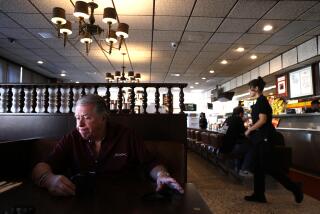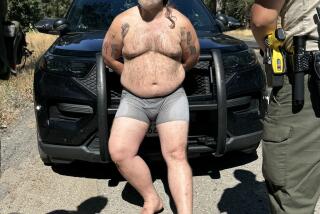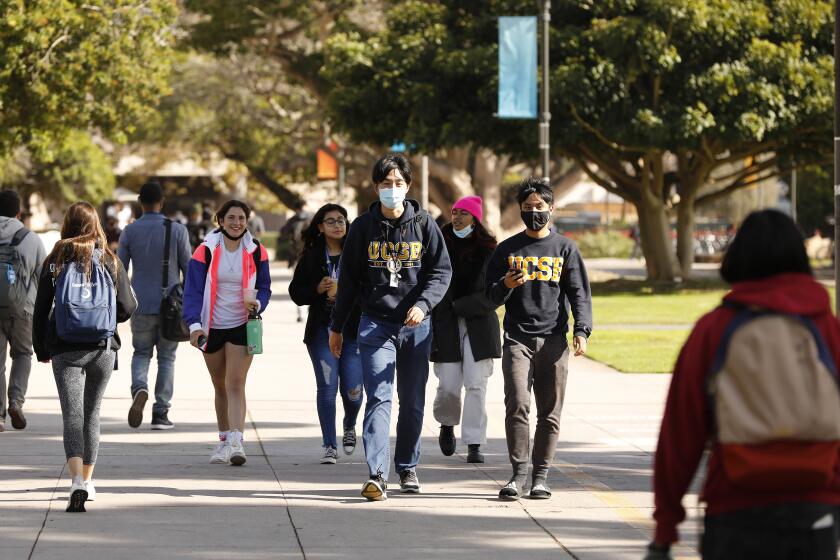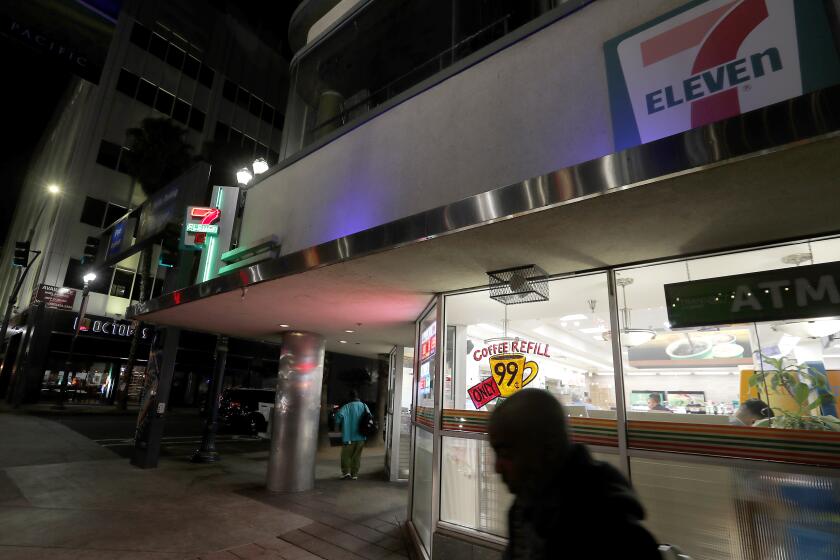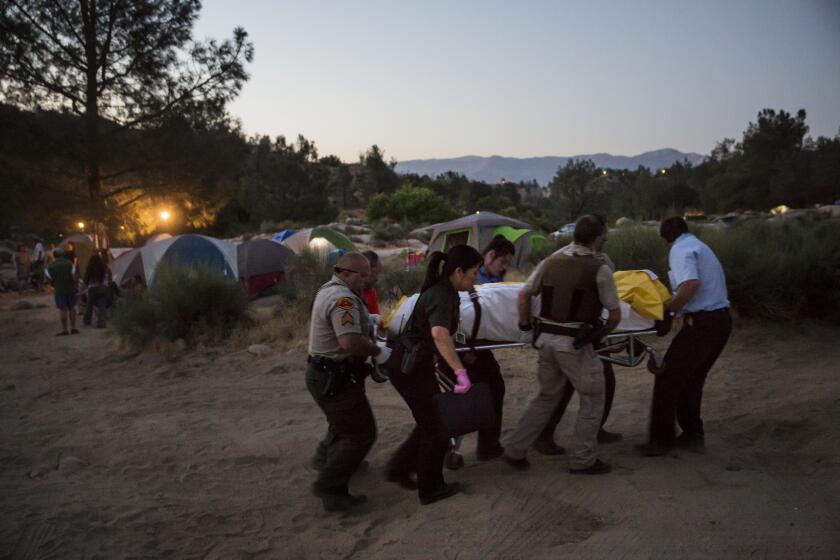Lawsuit Claims Courts Deny Adequate Access to Disabled
Contending that the disabled are denied adequate access to the halls of justice, a group filed suit against Los Angeles County Thursday for allegedly violating federal equal-access laws.
County courthouses include inadequate handicapped parking, dangerously steep ramps, heavy doors and inaccessible filing counters, jury boxes and witness stands, according to the lawsuit.
The suit, which seeks damages and declarative and injunctive relief, was filed in U.S. District Court.
People with mobility difficulties often become “supplicants,” relying on the helpfulness of security guards or passersby, said attorney Paula Pearlman of the Western Law Center for Disability Rights, one of the legal advocacy groups working on the case.
The lawsuit names seven courthouses: the downtown Los Angeles Civil Courts building and courthouses in Santa Monica, Long Beach, Norwalk, Pasadena, Compton and Van Nuys.
“We focused on them as representatives to demonstrate how the entire Los Angeles Superior Court system is not accessible,” Pearlman said. Of the 58 courthouses in the county, only the Childrens’ Court in Monterey Park is fully accessible to the disabled, she said.
Deputy County Counsel David Michaelson would not comment on the lawsuit, which he said he had not seen. But he said the county is not violating federal law as long as it provides viable options for people with disabilities.
“You can’t just focus on one elevator or one path of travel in one courthouse,” Michaelson said. “You can’t even focus on just one courthouse. You have to look at the whole picture.”
Plaintiff Deborah Miles, a mental health caseworker who uses a wheelchair and has been a litigant and witness in civil cases downtown, said she must find a security guard to take her in a service elevator to certain floors that the public can reach only by stairs.
Miles said she has always been excused from jury duty as soon as she makes her special needs known. “I would like to someday serve on a jury,” she said.
Co-plaintiff David G. Geffen, a lawyer paralyzed from the chest down by a diving accident, said he has come to rely on homeless people to help him get to court from a parking lot across the street from the same courthouse because of a steep decline between the lot and the building.
“We’re on a first-name basis,” Geffen said of his helpers. “They usually grab the back of my chair and keep me from wheeling out of control as they help me cross the street,” he said.
He said he has tried several times to get the county to address access issues in recent years, with no results.
Robin Maisel, another disabled lawyer and one of the plaintiffs in the lawsuit, said his occasional tardiness, which he blames on an inability to travel easily inside the courthouse, exasperates judges and other lawyers and hurts his law practice.
“When an attorney is badly treated by the court, the client wonders will they get a fair shake from the court because they’ve chosen to use an attorney with a disability,” Maisel said.
More to Read
Sign up for Essential California
The most important California stories and recommendations in your inbox every morning.
You may occasionally receive promotional content from the Los Angeles Times.
